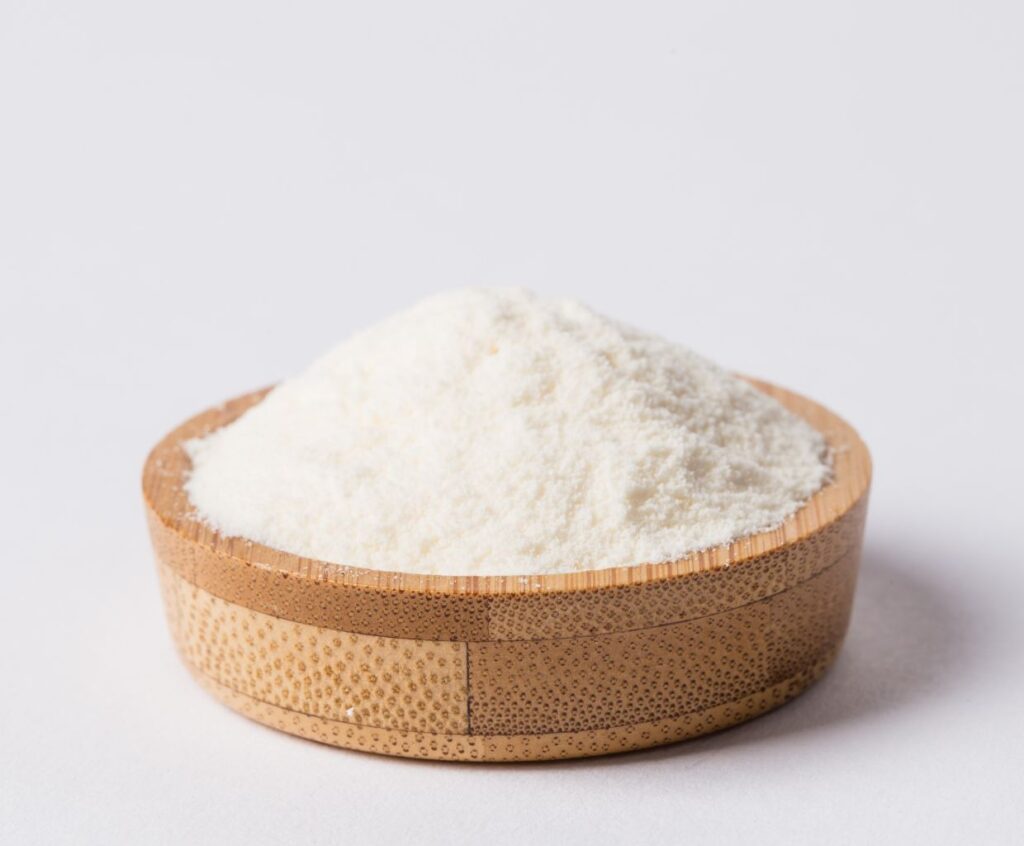Choosing Safe Baby Powder: What Parents Should Know
As parents, we always strive to provide our little ones with the best care and protection. Every decision we make is crucial in ensuring our baby’s well-being, from choosing the right diapers to selecting the gentlest skincare products.
It’s essential to be aware of the potential risks and make an informed choice. In this article, what parents should know about choosing safe baby powder?
Understanding the Concerns
Over the years, concerns have been raised regarding the safety of using traditional talcum-based baby powders. Talc, a mineral of silicon and oxygen, has been linked to certain health risks, including potential respiratory problems and ovarian cancer. However, it’s important to note that not all baby powders contain talc.
Choosing Talc-Free Alternatives
To ensure your baby’s safety, consider opting for talc-free baby powders. These alternatives are typically made from natural ingredients like cornstarch, arrowroot powder, or rice powder. They provide similar benefits without the potential health risks associated with talc.
Check the Ingredients List
When browsing baby powders, carefully read the ingredients list to identify potential allergens or irritants. Look for hypoallergenic products, fragrance-free products of harsh chemicals. It’s always a good idea to consult your pediatrician to ensure the chosen baby powder suits your baby’s delicate skin.
Considerations for Sensitive Skin
Many babies have sensitive skin that requires extra attention. If your little one is prone to rashes or irritation, it’s choosing powder specifically formulated for sensitive skin. These crucial powders are typically free of common allergens and designed to be gentle on delicate skin, reducing the risk of irritation.
Best Practices for Using Baby Powder
While choosing a safe baby powder is important, it’s equally essential to follow best practices to ensure its proper application:
-
- Never apply baby powder directly to your baby’s face to avoid inhalation.
-
- Avoid using excess powder to prevent clumping or accumulation in skin folds.
-
- Gently shake the powder into your hand away from your baby’s face, then apply it using gentle strokes.
-
- Avoid using baby powder on broken or irritated skin.
-
- Store the powder in a cool, dry place away from direct sunlight.
Following the following lines, you can safely incorporate baby powder into your daily routine without compromising your baby’s health or well-being.
Is talcum powder safe for babies?
Talcum powder has been used for many years to help keep skin dry and prevent diaper rash in babies. However, there have been concerns about the safety of talcum powder due to its potential link to respiratory problems and ovarian cancer.
Inhaling talcum powder can cause respiratory issues, especially in infants. It can irritate the lungs and lead to breathing difficulties or even respiratory failure. Therefore, it is not recommended to use talcum powder on babies, especially around the face and in the diaper area where it may be easily inhaled.
Additionally, some studies have suggested a potential link between talcum powder use in the genital area and an increased risk of ovarian cancer in women. The particles of talc particles go through the reproductive system and reach the ovaries, leading to inflammation and potential cancer development. While more research is needed to establish a definitive link, it is advised to avoid using talcum powder in the genital area, especially for female infants.
Instead of talcum powder, it is recommended to use alternatives such as cornstarch-based powders or barrier creams to help keep the baby’s skin dry and prevent diaper rash. These alternatives are considered safer options for babies. It is always best to consult a median before using products on a baby’s delicate skin.
Natural baby powder options: a safer choice?
Baby powder has long been a staple in many households, used to keep infants dry and prevent diaper rash. However, concerns have been raised about the safety of conventional baby powders, which often contain talc, a mineral with respiratory problems and cancer.
As a result, many parents seek natural alternatives to traditional baby powders. These options are typically made from plant-based ingredients and are free from harmful chemicals. Here are a few examples:
1. Cornstarch: Cornstarch is a popular natural alternative to talc-based baby powders. It is derived from corn and has excellent moisture-absorbing properties. Cornstarch is generally safe and gentle on the skin, making it a suitable choice for babies with sensitive skin.
2. Arrowroot powder: Arrowroot powder is another natural option, often a thickening agent in cooking. It has similar moisture-absorbing qualities to cornstarch and is considered safe for use on baby care skin.
3. Rice powder: Rice powder is made from finely ground rice and is often found in natural baby powders. It is known for its soothing properties and can help alleviate diaper rash and skin irritation.
4. Baking soda: Baking soda is a versatile ingredient for your purposes, including as a natural baby powder. It helps absorb moisture and neutralize odors, making it an excellent choice for keeping babies dry and fresh.
When choosing a natural baby powder, it is essential to read the ingredient list carefully and opt for products free from talc, parabens, phthalates, and artificial fragrances. It is also a good idea to consult with a pediatrician before introducing any new product to your baby’s skincare routine.
While natural baby powders may be a safer choice compared to ones, it is still essential to use them by cautiously applying excessive amounts of powder and ensuring that it is kept away from the baby’s face to prevent inhalation.
In conclusion, natural baby powders offer parents a safer alternative to traditional talc-based products by opting for their little ones with gentle, effective, and chemical-free skincare options.
Choosing Safe Baby Powder – Conclusion
Regarding e baby powder, it’s crucial to prioritize your baby’s health and safety above all else. Opt for talc-free alternatives, carefully read ingredient lists, and consider your baby’s unique skin needs.
By making informed choices and following best practices, you can ensure that baby powder becomes a helpful addition to your baby care routine.


